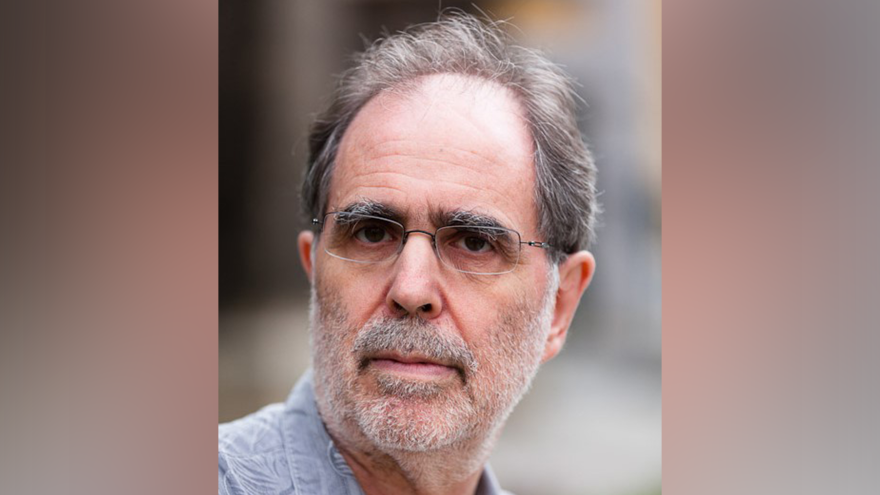EASTON, Pa. — Just in time for festival season, Lafayette College has a new artist-in-residence.
Joshua Rifkin will be in residence at Lafayette College for the 2023-24 academic year to help mark the 40th anniversary of Williams Center for the Arts.
- Lafayette College has named Joshua Rifkin as its artist-in-residence for the 2023-24 academic year
- Rifkin is a Julliard and Princeton-trained musicologist, conductor, performer and scholar
- His residency will include public performances and lectures, interactions with local performing arts venues and workshops with student vocalists and ensembles
“Given that it’s the 40th anniversary of the Williams Center and that Hollis Ashby and Ellis Finger (current and former artistic and executive directors of the Williams Center) have done such eclectic programming there, I thought, ‘What one individual could we bring to celebrate this important part of Lafayette’s culture?'" Anthony Cummings, professor of music, said in a release.
“Who could symbolize all of that? I can’t think of anyone better than Joshua Rifkin. He’s incredibly versatile—some may remember the albums he arranged for Judy Collins. He has so many different arrows in his quiver.”
Exploring new ideas
Rifkin — a Juilliard and Princeton-trained musicologist, conductor, performer and scholar — is a professor of musicology and ethnomusicology at Boston University.
He said he's excited to learn more about the faculty and students.
“The Lafayette community, with its lively students and distinguished faculty, offers a singular chance to explore new ideas and transcend boundaries,” he said. “I expect us all to surprise and stimulate one another—and have immense fun doing so.”
"The Lafayette community, with its lively students and distinguished faculty, offers a singular chance to explore new ideas and transcend boundaries."Joshua Rifkin
Beginning in September and extending into the spring 2024 semester, Rifkin plans to present coursework on Franco-Flemish composer Josquin Desprez, Heinrich Schütz and Johann Sebastian Bach, whose music was greatly influenced by Schütz.
Rethinking Bach
Rifkin’s list of scholarly publications has particular emphasis on Bach's compositions.
In the 1980s, he suggested that Bach’s choral music, mainly his Mass in B Minor, was meant to be performed by one singer per part because of its vocal complexity and orchestration.
Cummings, an early music specialist, said he was awed by Rifkin’s renditions of Bach’s music.
“I always say it’s like looking through a trellis to see this transparent kind of texture,” he said. “It hasn’t persuaded everyone. But I’ve noticed that, as each year goes by, more and more people are convinced by this kind of interesting interpretation.”
The Bach Ensemble, which Rifkin founded in 1978, won Britain’s Gramophone Award for its recording of the Mass in B Minor, and also recorded many of Bach’s cantatas following the one-voice-thesis.
New performances
Rifkin’s residency also will include public performances and lectures, interactions with local performing arts venues and workshops with student vocalists and ensembles.
His coursework will reach beyond Lafayette's College of Music, including discussions around Joplin.
Rifkin may also examine the use of German poetry by German composers of the 17th, 18th and 19th centuries.


